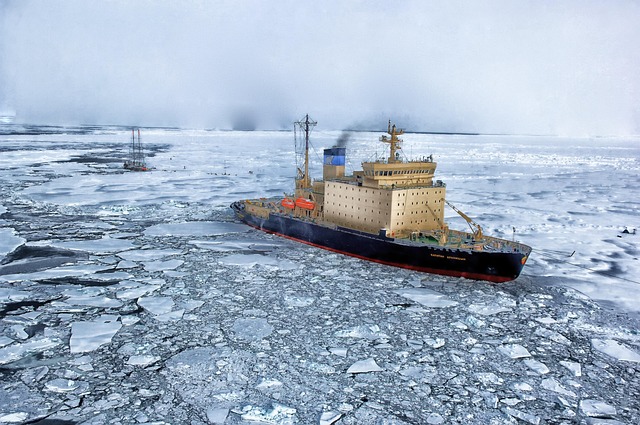In an era where the effects of climate change are becoming alarmingly apparent, the role of literature in fostering environmental awareness cannot be overlooked. Literature, in its many forms, has the power to elicit emotions, provoke thoughts, and inspire action. Through the pages of novels, poetry, essays, and even environmental journalism, readers are transported into the heart of nature, allowing them to see the beauty and fragility of our planet.
Books like Rachel Carson’s Silent Spring” serve as an early testament to how literature can stir public consciousness regarding environmental issues. Carson’s compelling narrative about the dangers of pesticides not only educated the masses but also galvanized a generation to think critically about human impact on the environment. This illustrates how literature can act as a catalyst for change, inviting readers to engage with pressing ecological issues.
Moreover, contemporary authors are now addressing climate change directly in their works, weaving narratives that highlight the consequences of our actions. Novels such as Barbara Kingsolver’s “Flight Behavior” tackle the issue of environmental degradation through personal stories, making the abstract concepts of climate change more relatable and urgent. Through vivid descriptions and emotive storytelling, literature immerses readers in the experiences of characters grappling with a changing world, fostering empathy and a sense of urgency to act.
Additionally, poetry, with its capacity for brevity and depth, often captures the essence of nature’s beauty and the grief of its destruction. Poets like Mary Oliver invite readers to embrace their surroundings, rekindling a sense of connection to the environment. This connection can inspire individuals to become stewards for the earth, influencing their lifestyle choices and encouraging sustainable practices in their communities.
Schools and universities are also recognizing the potential of literature to spark environmental advocacy. Integrating eco-literature into curriculums encourages students to analyze the interplay between human culture and the environment. This awareness can lead to a new generation of environmentally conscious thinkers, who draw inspiration from literary works to advocate for climate action.
Furthermore, literature extends beyond traditional storytelling. Essays and articles penned by environmentalists and activists convey the urgency of climate issues in an impactful way. Writers like Bill McKibben and Naomi Klein use their platforms to educate about the realities of climate change, urging readers to engage in activism. Their calls to action resonate deeply, illuminating the path we must take to safeguard our planet’s future.
The impact of literature on environmental awareness is profound. It creates an emotional landscape where readers can explore the complexities of climate change, merging personal experiences with global concerns. By engaging with literature, individuals are not just passive consumers of information; they become participants in a larger dialogue that emphasizes the importance of protecting our planet for future generations.
In this way, literature fosters a sense of community. Book clubs and discussion groups centered around environmental themes create spaces for dialogue and shared responsibility. Readers unite, exchanging ideas and motivating one another to take action, whether through lifestyle changes, activism, or advocacy for policy changes that prioritize ecological health. So, the next time you pick up a book, consider the power it holds in shaping your understanding of the environment and climate change. It could be the stepping stone to a more engaged and responsible interaction with the world around you.




